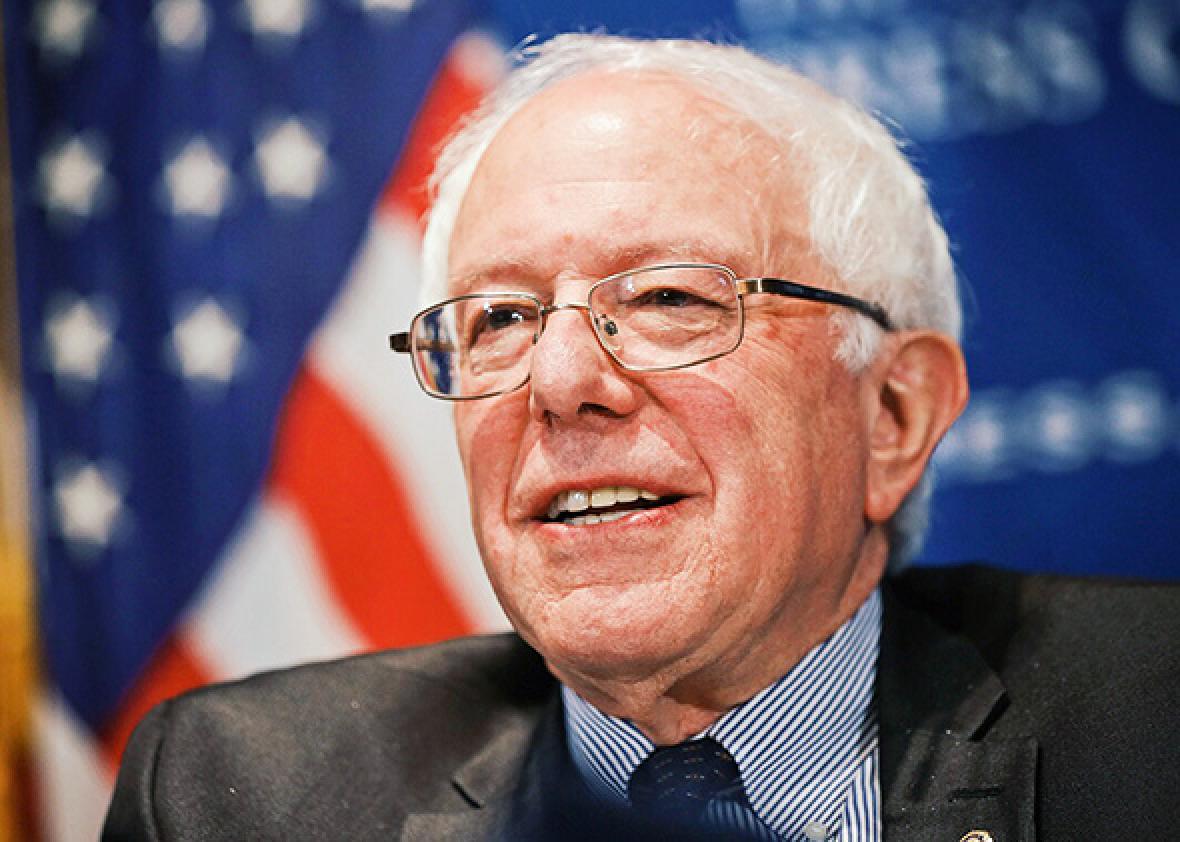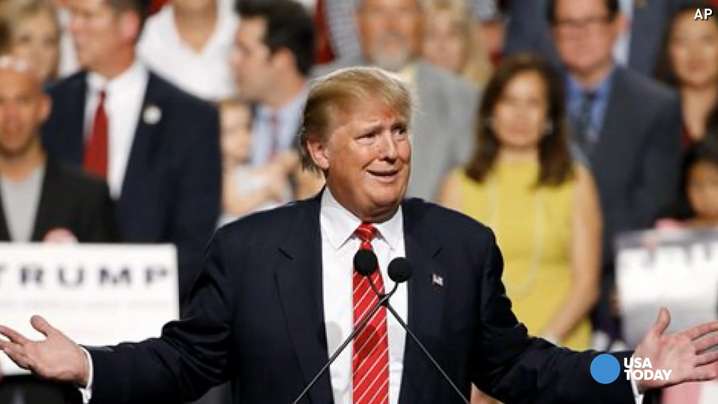Bernie Sanders had a spectacular night yesterday, sweeping
(as predicted), all three western caucuses, in Washington (state), Alaska and
Hawaii. Bernie did even better than we
predicted in the magnitude of his wins, crushing Hillary Clinton by the same types
of margins (40+ percentage points) that he racked up in Idaho and Utah.
Suffice to say, Bernie is a caucus dynamo, where his zealots come out in droves for these high-commitment events, but unfortunately for him, caucuses are
usually held in smaller states with fewer delegates at stake. And there are hardly any
of them left in the campaign calendar.
 Sanders did pick up a net gain of 35 delegates (winning 55
versus Clinton’s 20), which reduced the Grand Canyon-esque delegate gap from
303 to 268. But the bad news for Sanders
and his passionate supporters is that the rest of the primary season is lining
up very well for Hillary Clinton, especially the looming New York primary. While Sanders did well, his gains do not
change the contour of the race…his odds of winning the nomination before last
night were formidable, and formidable remains the operative adjective.
Sanders did pick up a net gain of 35 delegates (winning 55
versus Clinton’s 20), which reduced the Grand Canyon-esque delegate gap from
303 to 268. But the bad news for Sanders
and his passionate supporters is that the rest of the primary season is lining
up very well for Hillary Clinton, especially the looming New York primary. While Sanders did well, his gains do not
change the contour of the race…his odds of winning the nomination before last
night were formidable, and formidable remains the operative adjective.
There are 22 contests left.
Five are caucuses, with 90 delegates at stake. The other 17 are primaries, with 1,941
delegates at stake. The polls do not
look good for Sanders at all. Hillary
holds a lead, usually a dominant one, in the six biggest states, which together
account for 1,403 delegates, or 69% of those remaining.
|
State
|
Delegates
|
Polls
|
|
Wisconsin
|
96
|
Clinton +6
|
|
New York
|
291
|
Clinton +35
|
|
Maryland
|
118
|
Clinton +33
|
|
Pennsylvania
|
210
|
Clinton +28
|
|
California
|
546
|
Clinton +7
|
|
New Jersey
|
142
|
Clinton +23
|
Job One for Bernie is to win Wisconsin on April 5. This is doable, as he only trails by those
six points in the most recent poll. A loss there
could be fatal, and would certainly be a very bad way to head back east. But that implies that a win would be
life-giving to his campaign, but that is not actually true. Hillary could easily withstand a loss in
Wisconsin. She has never lost a primary
by a wide margin, apart from New Hampshire, and wide margin wins are what
Bernie must have, given the proportional allocation of delegates rule. The best Sanders has
done in a primary is to win by 11 points, 55/44 in Nebraska, and that margin
will not come close to getting it done for Bernie.
But Bernie and his fans will always have this night, out
west. Here are the results, compared to our
predictions.
|
State
|
Party
|
Candidate
|
Predict.
|
Actual
|
|
26-Mar
|
DEM
|
|
|
|
|
Washington
|
DEM
|
Clinton
|
46
|
27.1
|
|
Washington
|
DEM
|
Sanders
|
54
|
72.7
|
|
Alaska
|
DEM
|
Clinton
|
39
|
18.4
|
|
Alaska
|
DEM
|
Sanders
|
61
|
81.6
|
|
Hawaii
|
DEM
|
Clinton
|
42
|
30.0
|
|
Hawaii
|
DEM
|
Sanders
|
58
|
69.8
|



